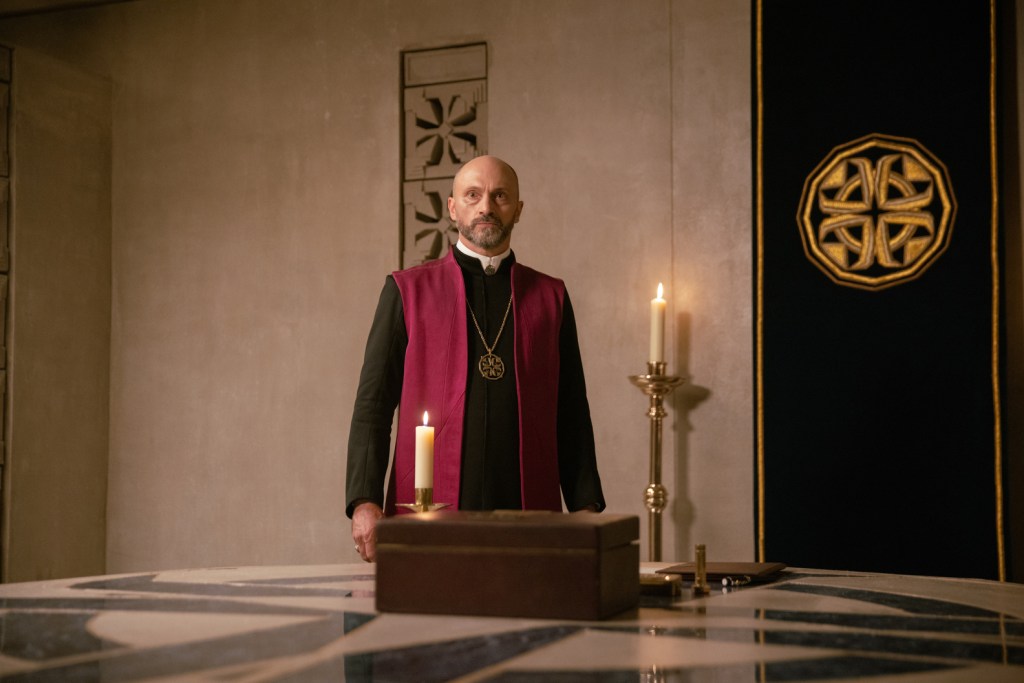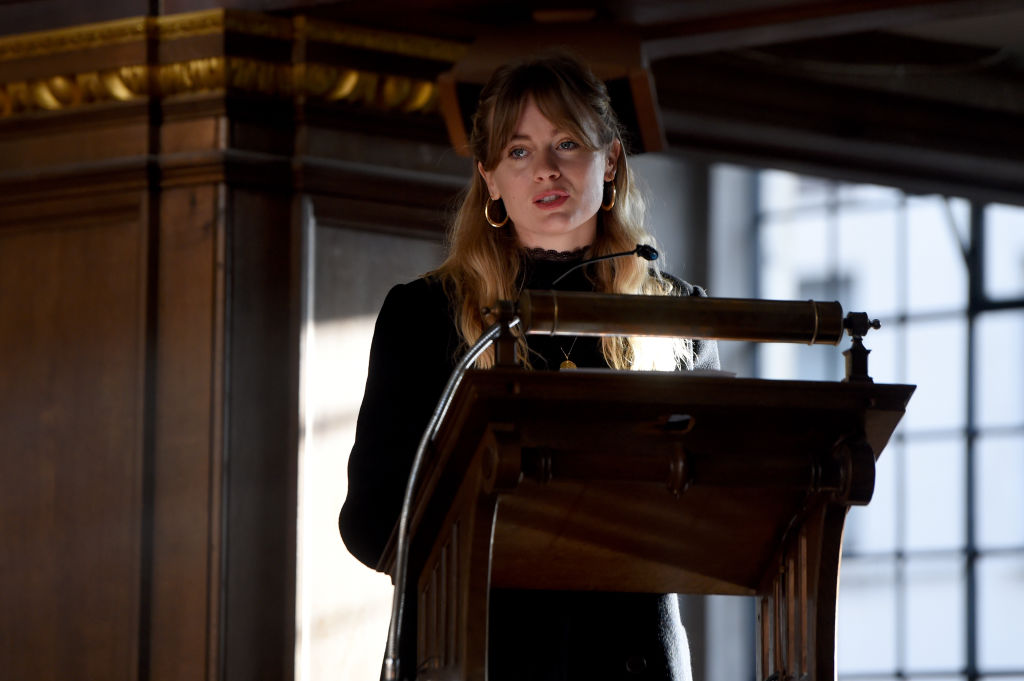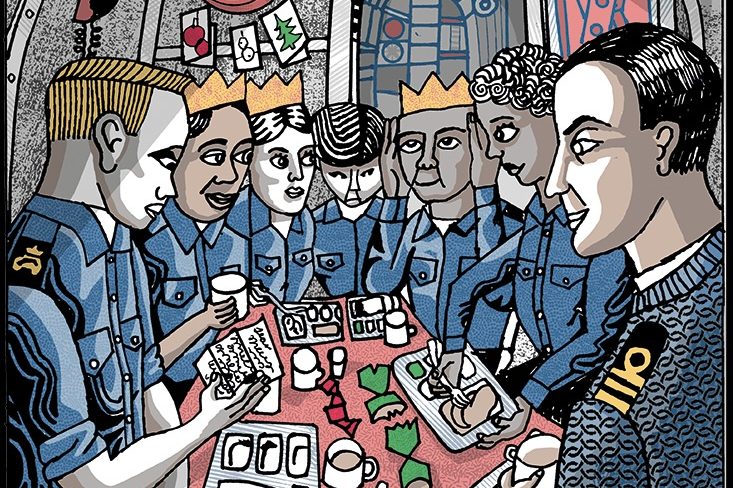When you’re sitting on the couch in a couple of weeks, stupefied into submission by food and alcohol and relatives and God knows what else, you’ll be tempted to watch something that will divert you from the gluttony. And, yes, the likes of Elf, It’s A Wonderful Life and Love, Actually are all available, as they were last year.
But maybe you’ll want to watch something that is not just entertaining but that makes the viewer think. Something that also has a provocative religious theme that is, if not quite the three wise men and the star of Bethlehem, as relevant this time of year as it ever is.
Step forward the third series of His Dark Materials, which has now come to HBO Max. Based on the novels by Philip Pullman, the show has somewhat flown under the radar in its previous two installments, despite a starry cast including Ruth Wilson, James McAvoy and, in the lead role of Lyra, the excellent Dafne Keen. Although it’s hardly a gritty work of kitchen sink realism, it’s not attracted the attention of the larger-budgeted House of the Dragon or Lord of the Rings. That’s despite it’s being infinitely more interesting and daring in its central concept: that God is a totalitarian dictator, organized religion is a vicious sham, and its agents and practitioners must be defeated by a heroic group of cosmic rebels.
Pullman’s original novels were criticized, predictably enough, by Christian groups on the grounds that their irreverent presentation of sacred tenets — albeit in carefully fictionalized form — represented, as the Catholic League said with anger, “atheism for kids.” Yet although they were lazily compared to the Harry Potter series on publication, these are altogether classier and more intellectual books, from the Milton-alluding title onwards. It was inevitable that they should be filmed, and perhaps also inevitable that the 2007 adaptation of The Golden Compass would soft-pedal the most interesting aspects of the books, ending up as a bland muddle that satisfied nobody.
The television series was thus faced with a considerable challenge, which, by and large, it has embraced. The idea of the totalitarian “Authority,” whose practitioners wear cool stage gear that makes them look like Gucci-clad Catholic priests, is presented with suitable vigor and wit. There’s a series of excellent performances from Wilson as the Machiavellian anti-heroine Mrs. Coulter. McAvoy is the heroic but arrogant Lord Asriel, and Amir Wilson plays Will Parry, the resident of “our” world who becomes embroiled with Lyra on her universe-spanning quest.
Ah, yes, the question of multiple worlds. Make no mistake, His Dark Materials is not always the easiest or most ingratiating of watches. Its metaphysical, grandiose structure, which takes place between multiple universes, all linked by a mythical substance known as “Dust,” was often tricky to follow in the original novels, despite Pullman’s brilliantly clear and vivid storytelling. Even in the more literal form of television, there can be moments of confusion or opacity. But this is set against the lyrical and soaring scenes of imagination and adventure, which, at their best, channel a mixture of Spielbergian magic and Scorsesian religious examination, not a combination that one comes across every day.
The third series of His Dark Materials will not be for all tastes: too demanding, too unusual, too anti-religion. But for those who fancy a slice of provocation with their Christmas pudding, this fascinating and dynamic show is by far the most interesting on TV this holiday season.





















